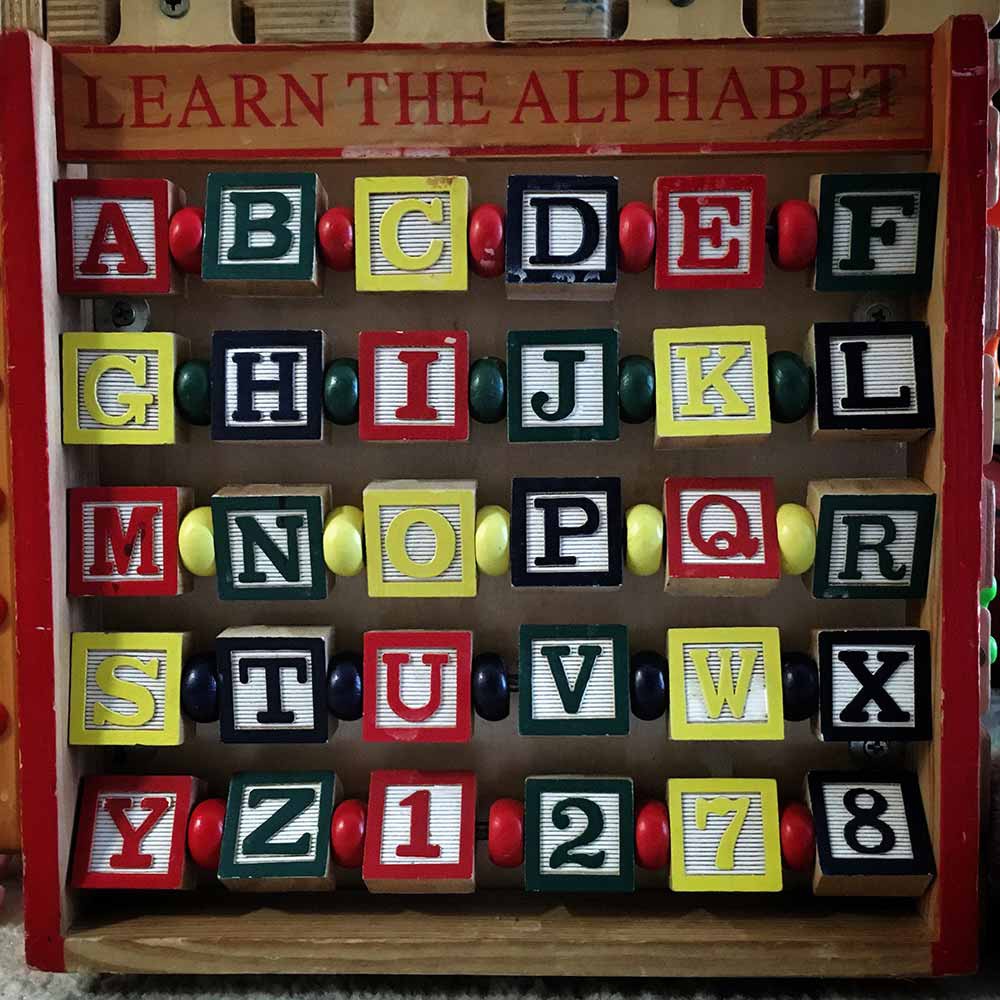
My relationship with English has been quite a ride.
I've written articles for 270 days in a row.
I've written articles weekly.
I have notes for different projects and learnings that go deep.
And when I say deep, I mean, I have thousands of notes that span decades.
That's typed and written.
Speaking-wise, I've spoken at conferences, been on panels, and I've spoken in English a lot, too.
I've shared and collaborated on complex tech projects in my previous company.
I've engaged many people from around the world and experienced their relationship with English.
I've engaged people outside of my social circle.
From people in different career paths to millionaires to deep philosophical thinkers.
Thinking, a dominant strength of mine, is also where I use the English language.
I read a lot of English. I've read hundreds of books (some of them multiple times).
I speak, think, and write English.
At some point years ago, I realized, my language creates my experience of life and business.
I realized that I live within the words that I speak and think.
When I slowed down to examine every word I use, the reality I lived in became clear.
I built the self-awareness to see how I created what I thought the human experience was.
After changing my language, and experimenting, I fundamentally shifted and began living differently.
This changed my relationships.
This changed how I listen.
This changed how I think.
I learned that language is like the wooden structures that build your home.
And only you live in that home.
A common pitfall is that language exists outside of us.
Here are 3 examples to drive my point home:
1. "Right or wrong"
Imagine being concerned about doing the "right thing" and dwelling on that.
What if social norms, religion, or law, governs what is right and your perception of the word "right" is rooted in that.
Whatever it is, I invite you to get curious, and ask yourself a few questions:
How do you know if it's the right thing to do?
What would it mean for you to do the right thing?
More appropriately, maybe it's not about "doing the right thing."
Maybe what is intended to be said is doing the right thing for you.
2. "Work/life balance"
When you think of the word "balance," what do you think of? I think of a seesaw. That's balanced.
Let's imagine a seesaw is balanced by two kids who weigh the same amount. Equally weighted on both sides.
When the traditional workday is 8 hours a day, how do you balance "work and life?"
The thinker brain may say to spend as much time with work as you do with your family/friends.
But that's the thinker brain, who may live within the context of language – not outside of it.
In actuality, let's say "balance" is a sound that you decided means something specific for you... and you wonder how you can create that thing within the context of the meaning you give it.
What if there is no such thing?
Perhaps there is a more powerful question you can ask yourself.
Perhaps there is a different way to look at this.
3. "Not enough time"
Many do not examine their relationship with time.
If you were a high achiever in your earlier years, then not having "enough time" might be your earliest relationship of time.
This language pattern speaks more about your relationship with time and how you allow it to use you.
That is, some get used by time, others create their time. This is reflected in how we speak about our language.
This may not matter – someone may enjoy how they spend their time.
But if you tell me you "want more time," I want to bring your awareness to your relationship with time and how you use it and influence it.
When we are aware of our relationship with English we understand how our relationship with it affects those we influence – family, friends, colleagues, etc.
If you want to better understand your relationship with English, I invite you to slow down.
Slow everything down.
Reflect on the words you speak.
Reflect on the payoff you get from speaking those words.
If the payoff is not in alignment with your future vision, change your words.
When you change your words, you change your world.
